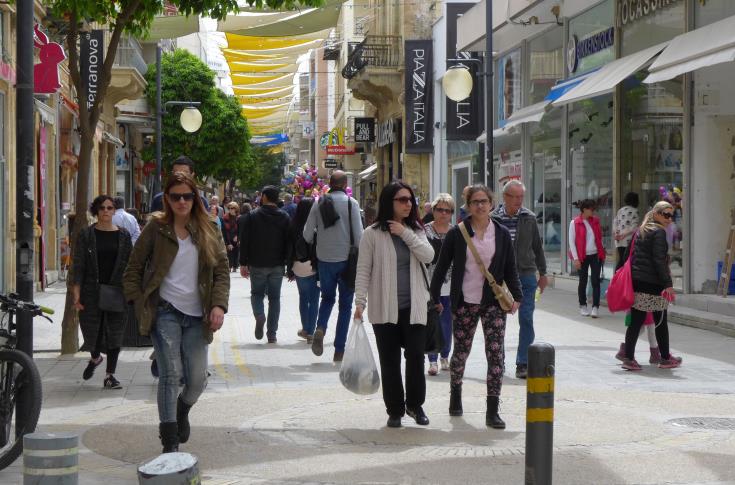It is a fact that there is a worldwide effort to reduce the level of tax avoidance.
This problem can be met, to an extent, if the liable taxpayer gets some benefit, a good incentive to declare their income, unlike at present where an expense is tax-deductible only if it is part of the procedure to produce income.
So, if one lets their home, the expenses incurred for repairs, maintenance, etc., are deducted from the income earned (rent).
But if it is owner-occupied, there is no benefit. Hence, they are “encouraged” to pay under the table, saving the VAT charge and perhaps securing a lower price for the repair cost.
Keeping records of your receipts regarding real estate is very important, especially if you plan to sell the property in the future.
These added expenses are tax-deductible, and you stand to gain a 20% tax benefit.
Bear in mind, however, that any part of your expenses that require a building permit, e.g. building a garage, you must provide such permits when you submit a claim to the Tax Authorities.
Receipts must record the recipient’s ID number and address and clarify the work done.
If payments are made to a contractor, make sure that he is licensed for the category of the job done; if not, the Tax Authorities may not accept your payment as an allowable deductible expense.
Tax avoidance is a worldwide phenomenon, including in Cyprus.
But it is far from what is happening in other European countries, such as Italy, Greece and the U.K., where foreign labour is involved (in Cyprus, Syrian technicians or labourers are most commonly used).
A major issue is the holiday home lets conducted online, where it is practically impossible to detect the payee and the recipient.
The Airbnb method to let is a major headache. Although legislation on the subject has helped, according to the Chairman of the Hotel Association, approximately 17% of tourists are not declaring their lets.
If these lets are declared, the recipients will bear the income tax payment, but on the other hand, any repairs, improvements or replacements of furniture and equipment will be tax-deductible.
Of course, the big tax evaders are primarily the doctors, especially those who operate in Cyprus on a visiting visa from abroad (consultations or surgeries usually held in hotels suites), followed by lawyers and our profession of estate agents.
Regarding the last group, to claim a tax discount, fees, costs (commissions) will be allowed only if agents are duly registered and licensed as such.
For these expenses to be encouraged to be declared, the payee must benefit, deducting be it a percentage of the payment from one’s income (say 20% of the payment).
Still, then the Tax Authorities will benefit from the VAT and the undeclared income from the recipients.
The Tax Authorities are slow-moving, leaving the impression that taxpayers can get away with it.
But then we have odd situations, such as the one which surfaced 10 years ago of a kebab house at a popular Nicosia square that operated 12 hours a day but declared income of next to nothing.
The then Minister of Finance (Michael Sarris), a client of this kebab place, sent his staff to investigate.
He came up with the most imaginative way by counting the number of the pitta wrappers bought by the establishment.
It came up with 1,000 pitta sales per day – whereas, on another occasion, the beer supplier was called in and based on the volume, they came up with the restaurant’s income.
Antonis Loizou, Real Estate Valuer, Estate Agent & Property Consultant










